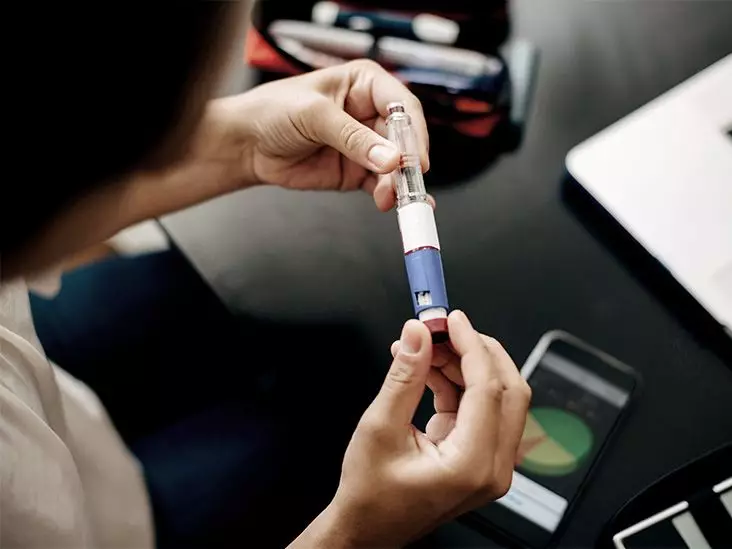Peptides, short chains of amino acids, play a significant role in regulating various bodily functions, including metabolism and appetite control. Their therapeutic use for weight management has gained traction, particularly with glucagon-like peptide 1 (GLP-1) receptor agonists. These drugs mimic natural hormones to combat obesity and overweight issues.

GLP-1 is a hormone released by the gut after meals, responsible for slowing gastric emptying, enhancing feelings of fullness, and lowering blood sugar levels. Evidence indicates that GLP-1 receptor agonists effectively promote weight loss. For instance, semaglutide, a prominent GLP-1 receptor agonist, has shown substantial results in clinical trials. In a study with nearly 2,000 participants, those taking semaglutide lost an average of 14.9% of their initial body weight, compared to only 2.4% in the placebo group. These findings highlight the efficacy of GLP-1 receptor agonists and the importance of structured lifestyle interventions alongside medication.
The FDA has approved several peptides for weight management, including semaglutide (Wegovy), liraglutide (Saxenda), and tirzepatide (Zepbound). Wegovy is recommended for adults with obesity and adolescents aged 12 and older. Liraglutide has been available since 2014 and aids both adults and adolescents. Tirzepatide uniquely activates both GLP-1 and glucose-dependent insulinotropic polypeptide (GIP) receptors, enhancing appetite regulation and lipid metabolism. Clinical data show that tirzepatide users experienced an average weight reduction of 20.9% after about six months.
Despite the potential for weight loss, these medications come with risks and side effects, including gastrointestinal issues and potential teratogenic risks during pregnancy. The FDA has flagged Wegovy and Zepbound as unsuitable for individuals planning pregnancy. Patients with specific medical conditions, such as medullary thyroid cancer, may also face contraindications.
A tailored approach is essential for effective treatment. Patients should engage in thorough discussions with healthcare providers to weigh the benefits against potential risks. While GLP-1 receptor agonists show promise, sustainable weight management requires a holistic strategy that includes lifestyle changes, nutritional education, and ongoing clinical evaluation. Open communication between patients and providers is crucial for navigating the complexities of weight management in today’s healthcare landscape. Understanding these intricacies will facilitate individualized care that considers both physiological and personal health dimensions.




